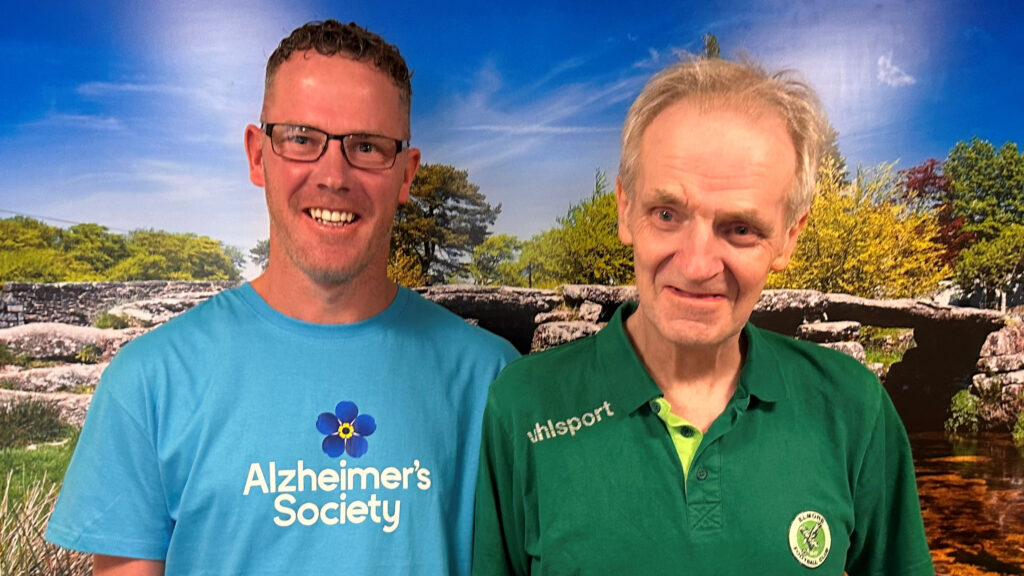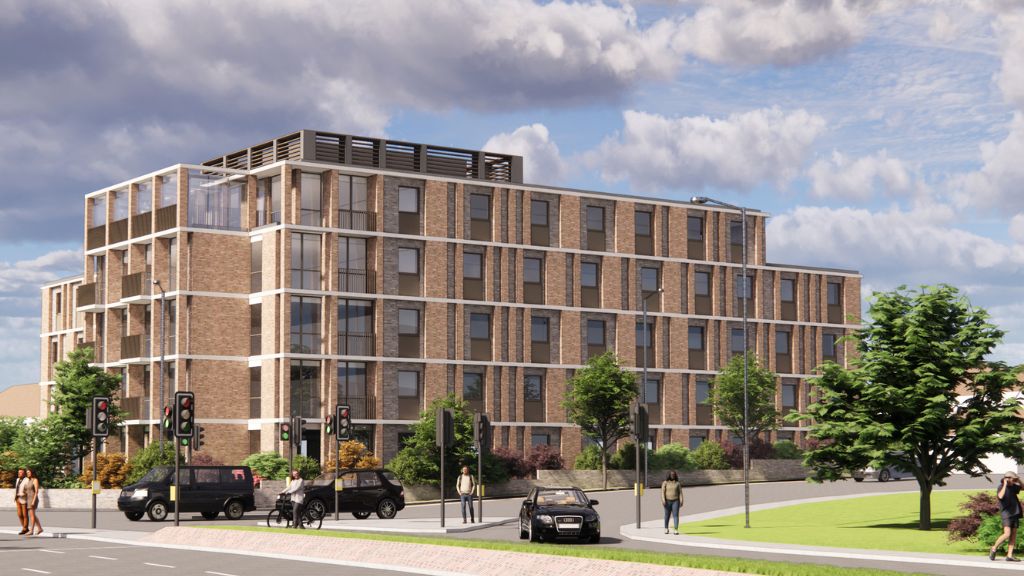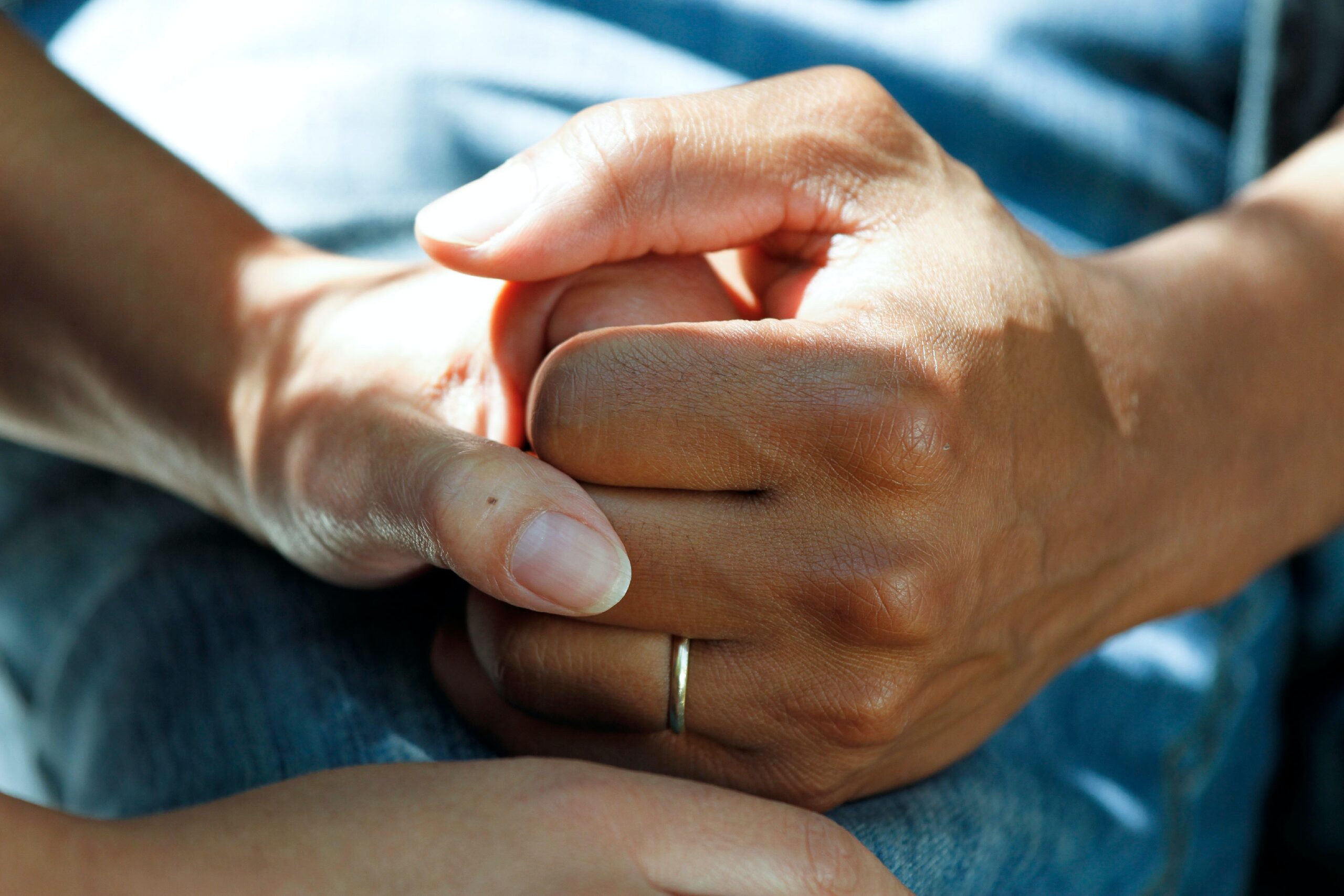Let’s get creative!
To kick off You Can Care Week, Mike Phillips, associate consultant trainer at Meaningful Care Matters, explains why more social care workers should draw upon their own vulnerability and creativity.

Leaders in dementia care have the power to make an incredible difference, yet there is still so much beyond their control. However, what we can control is our ability to be honest, responsible, trusting and accountable.
With that in mind, we must start by determining how exactly to measure the quality of care. Ultimately, the innovations we need to see implemented to empower leaders in social care stem from the ability to take risks.
Benné Brown, a famous researcher and storyteller, says: “Vulnerability is the birthplace of innovation, creativity and change.” This viewpoint resonates with me personally for many reasons: people with dementia and others we support are often vulnerable; care workers often draw upon their vulnerability and creativity whilst caring for others and responding to different situations. That said, I believe creativity requires freedom and an element of risk.
In my many years of delivering training in health and social care, dementia care and working with literally hundreds of charities, I’ve often heard the words “I’m no good at being creative.” To that, I say, “why is this?”
Well, from a social care perspective, others tend to judge our creativity and we internalise this. All of us can relate to a situation where from our heart and soul we have risked being creative, yet are too worried at seeing our ideas dismissed as impractical, silly, or even stupid.
So, what does this mean for dementia care and supporting others?
Firstly, it’s worth reflecting that any expression of creativity can be judged as good or bad and therefore is open to criticism, which can impact an individual’s self-esteem and self-belief.
After all, I’ve encountered hundreds, if not thousands, of staff I’ve met on training courses who have told me that they’ve held back on sharing their ideas to avoid being judged. Our society pays too much attention to right or wrong, success or failure. This perspective only serves to stifle creativity – both in people with dementia, others we support/care for, and our own creativity as health and social care professionals.
The artist Henri Matisse once said “creativity takes courage,” whilst the poet Sylvia Plath noted “the worst enemy to creativity is self-doubt” and they are right. Creativity involves risk, courage and resilience. Past experiences have taught me how powerful creativity can be. Its value lies in the mind of the creator, not just those on the outside who are judging – because it comes from the heart.
Overall, though creativity has several alternating components, the underlying goal incentive should always focus on being real, making yourself relatable, and surrounding yourself with people who truly have your best intentions at heart. It is understanding that mistakes are normal and part of the journey, so let’s not punish ourselves and instead use them as learning opportunities to strive for a better and brighter future.
Mike Phillips is an Associate Consultant Trainer at Meaningful Care Matters, a leading care and organisational development group that specialises in helping health and social care providers to access a variety of support services. The group helps to facilitate the creation, reinvigoration and sustainable implementation of person-centred care cultures where people matter, feelings matter, and we are ‘Free to be Me’.



